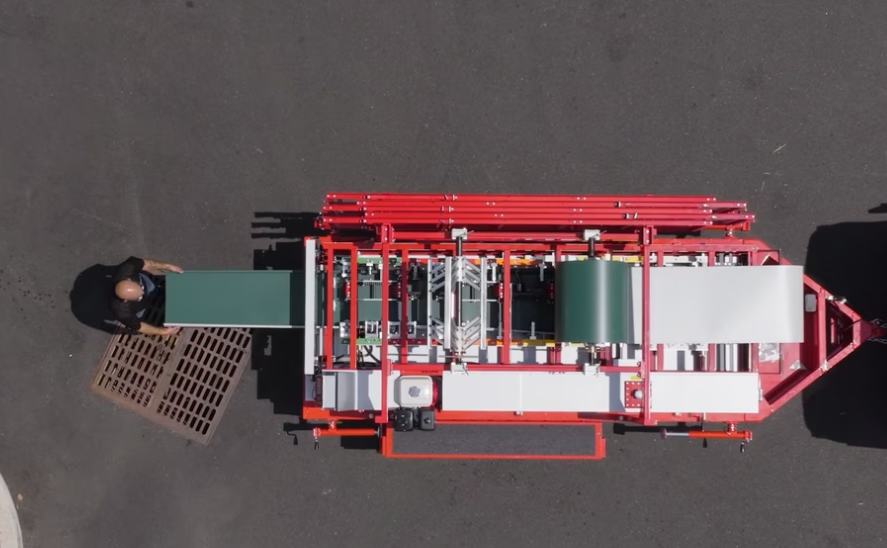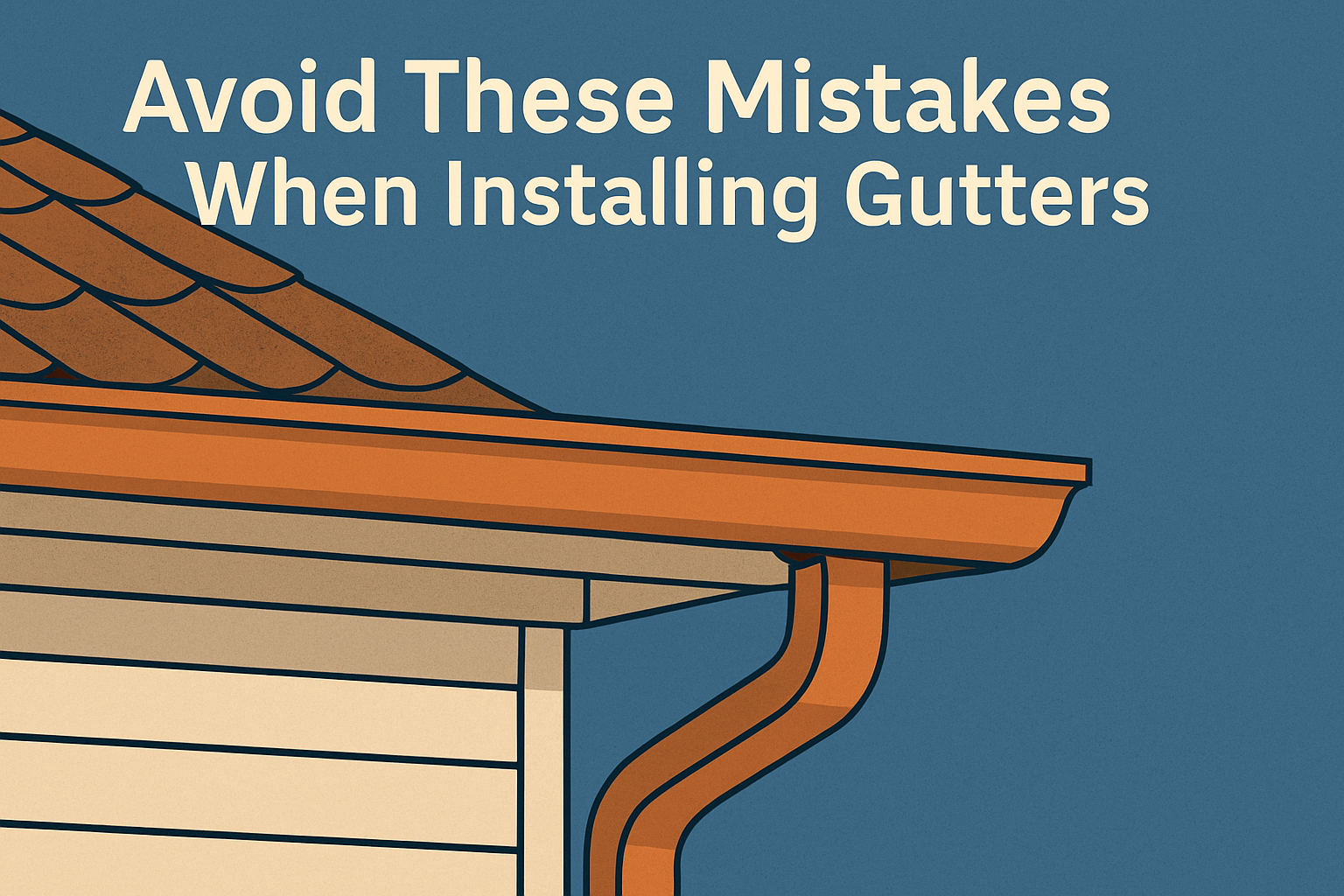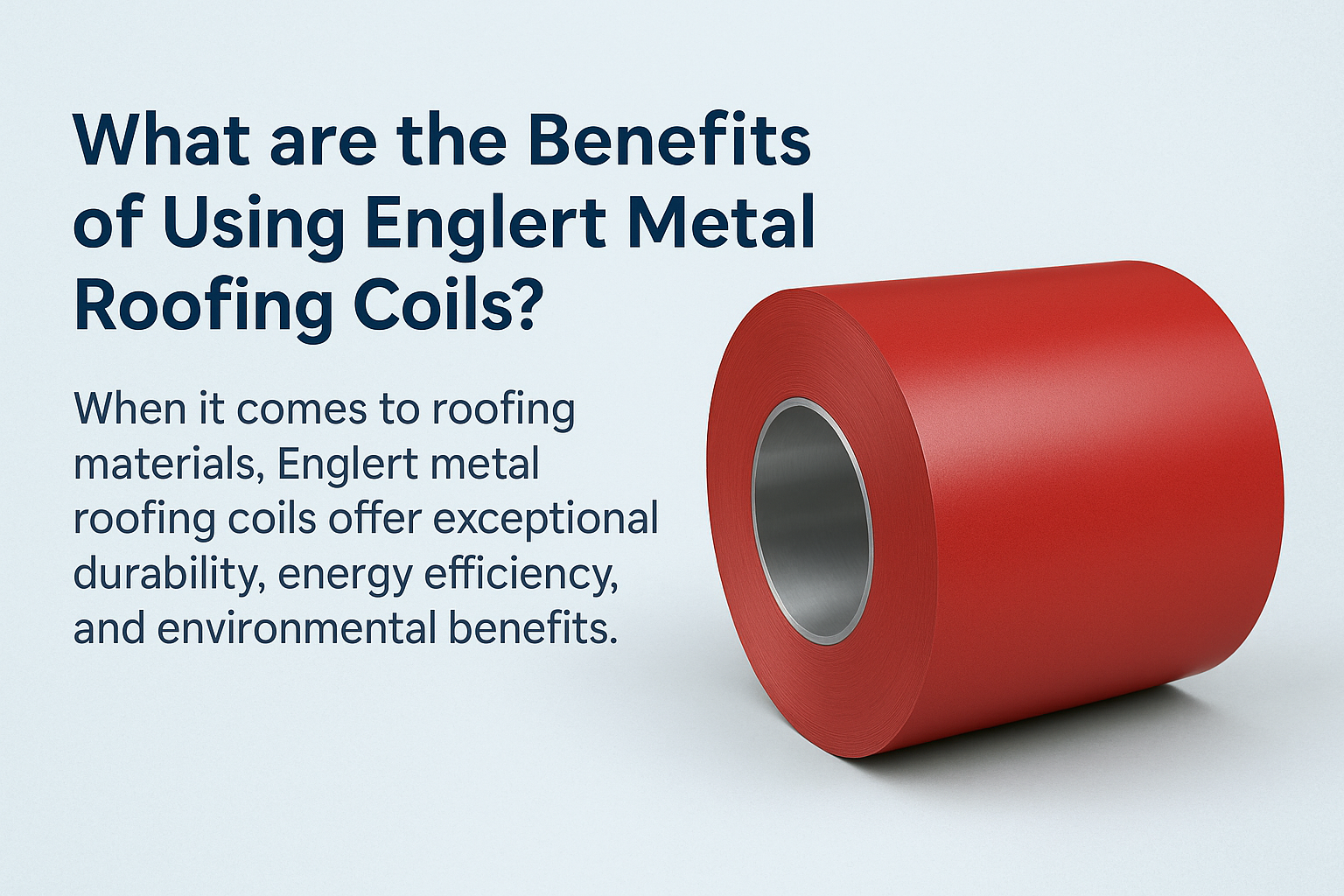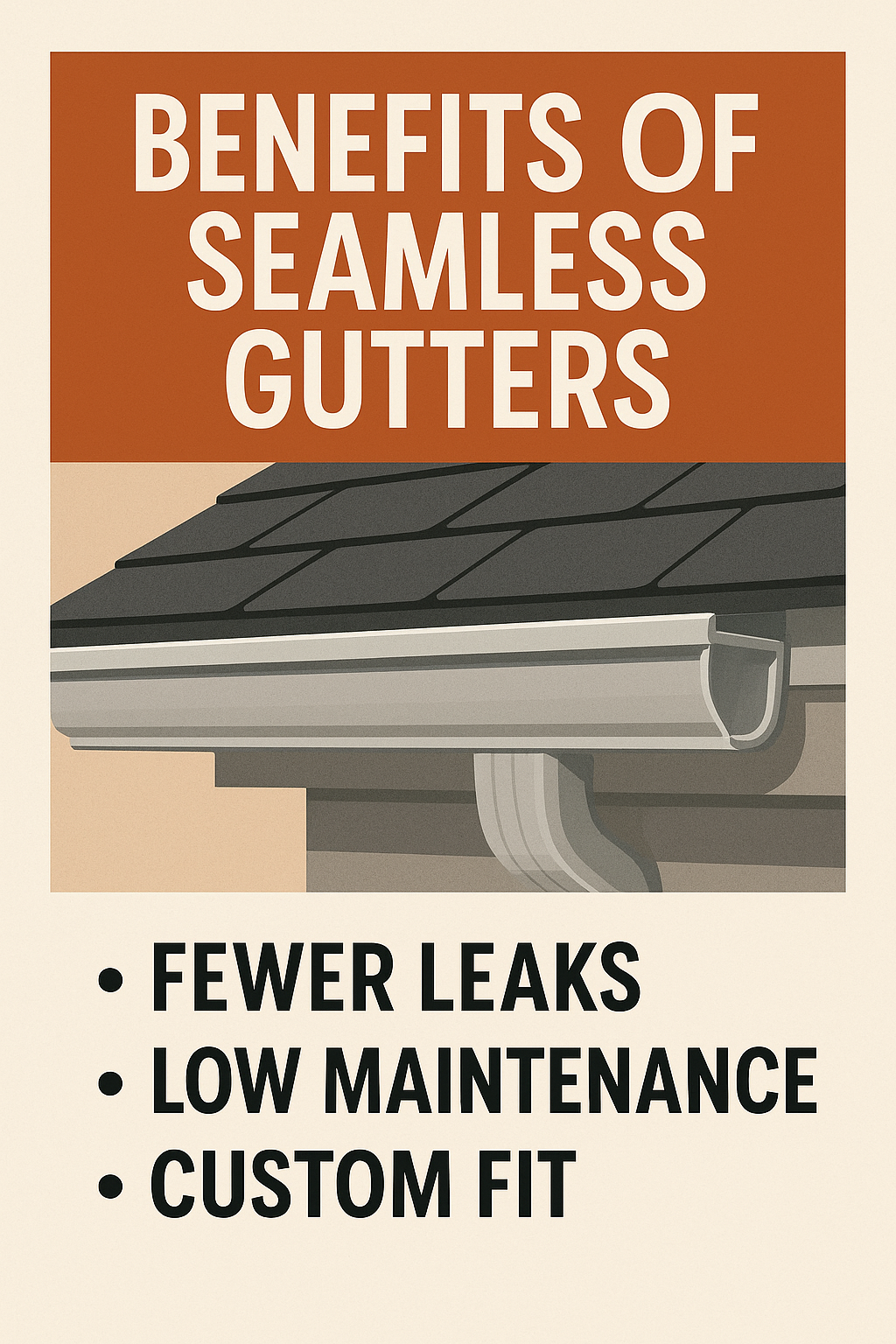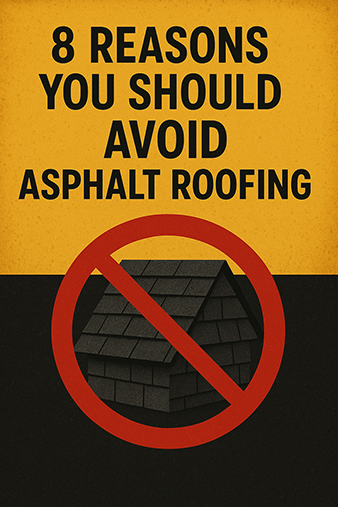How Long Does a Metal Roof Last?
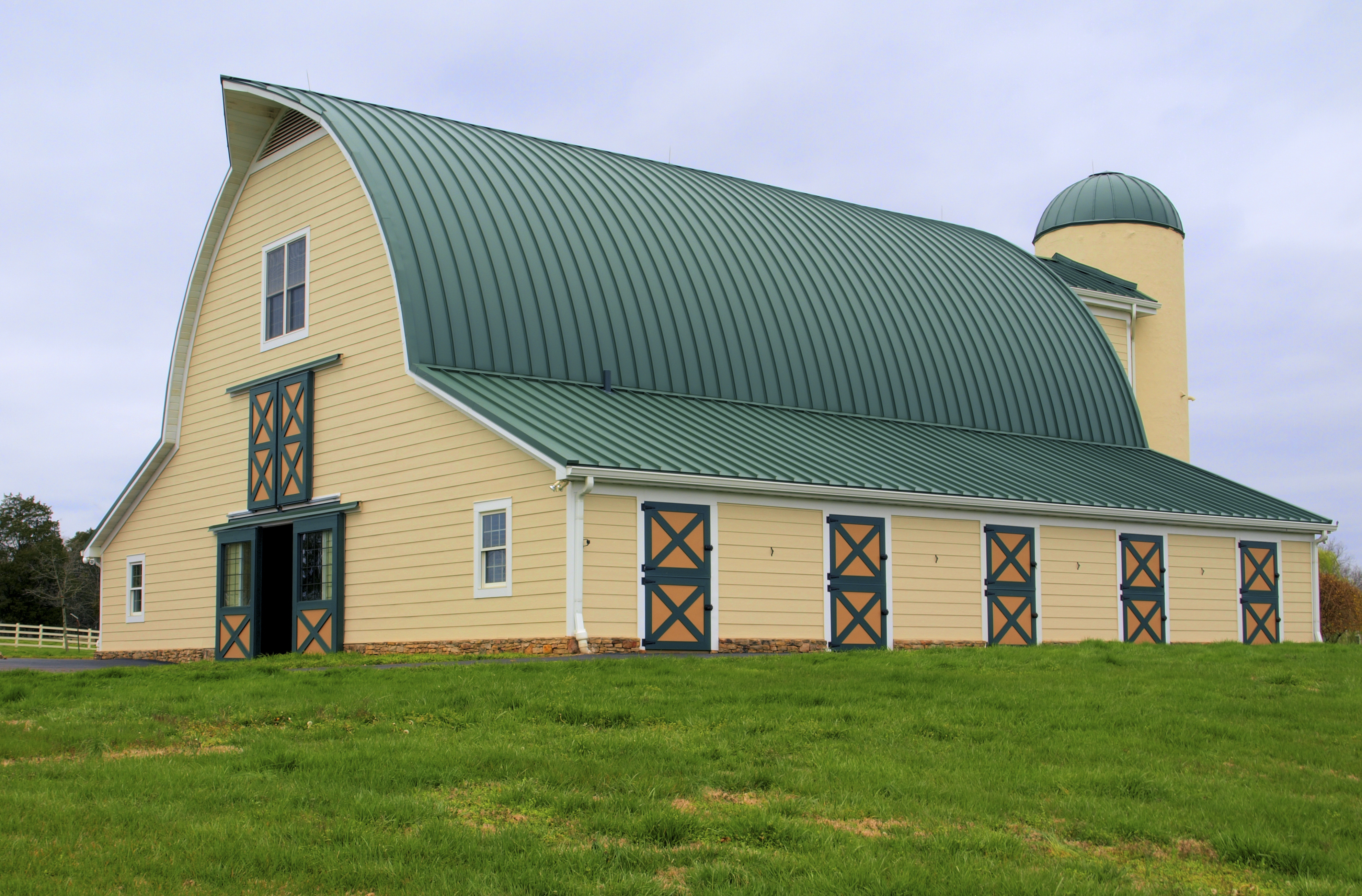
How Long Does a Metal Roof Last?
Metal roofing has been trusted for centuries due to its strength, resilience, and lasting value. From copper rooftops in ancient Rome to galvanized steel barns in 19th-century America, metal has long proven itself as a reliable roofing material. Today, innovations in metal coatings, manufacturing, and installation have made it one of the most popular choices for both homes and commercial buildings.
When investing in a new roof, one of the most important questions is: How long will it last? If you're considering a metal roof, you’re making a smart choice. Metal roofing is one of the most durable and long-lasting roofing systems available today, offering superior longevity compared to traditional roofing materials. Learn more in our overview of metal roofing vs shingles.
What is the Average Lifespan of Metal Roofs?
Metal roofs typically last between 40 and 70 years, with some premium metals lasting even longer. For example, copper and zinc roofs can exceed 70 to 100 years or more with proper care and maintenance. This far surpasses the lifespan of asphalt shingles, which generally last between 15 and 30 years.
Lifespan of Metal Roofing Materials
The lifespan of a metal roof varies significantly depending on the type of metal used:

Panel Systems: Standing Seam vs. Screw Down
The panel system used also impacts lifespan:
- Standing Seam Metal Roofs: Last 40 to 70+ years. These feature interlocking panels that allow for thermal expansion and contraction, reducing stress and damage. They are highly resistant to corrosion and weather damage, often finished with long-lasting coatings like Kynar 500. Read more about this in our article on standing seam metal panels.
- Screw Down Metal Roofs: Last 20 to 30 years with routine maintenance. Panels are fastened directly to the deck, limiting movement. Screws and washers must be replaced every 5–10 years to prevent leaks. These systems are more prone to maintenance issues and leaks if not properly installed and maintained.
Factors Affecting Metal Roof Lifespan
Several factors influence how long a metal roof will last:
Installation Quality
Proper installation by certified, experienced contractors is essential. Mistakes during installation can lead to premature failures. Consider guidance from our resource on choosing a roofing contractor.
Weather and Climate
Metal roofs excel in all climates, especially in harsh or coastal environments. Aluminum and zinc are especially good for salt air resistance. If you're in a coastal region like Florida, metal roofs offer excellent corrosion resistance and hurricane durability.
Paint and Protective Finishes
High-quality coatings like Kynar 500 protect against fading, UV damage, and corrosion. Learn more about roof coatings.
Roof Design and Slope
Steep slopes shed water quickly, reducing the risk of pooling and moss growth that can reduce lifespan.
Maintenance
Even though metal roofs are low-maintenance, it’s wise to inspect annually—clear debris, clean gutters, trim branches, and check for loose fasteners. Learn more about metal roof maintenance.
Ventilation
Proper attic ventilation prevents moisture buildup under the roof, which can cause rust and structural issues. For optimal performance, see our advice on roofing materials supplier.
What Are the Benefits of Metal Roofs Beyond Longevity?
- Energy Efficiency: Metal reflects solar radiant heat, reducing cooling costs by up to 25%.
- Environmental Impact: 100% recyclable at end-of-life, unlike asphalt shingles that fill landfills.
- Extreme Weather Durability: Metal resists wind gusts up to 140 mph, sheds snow effectively, and is fire-retardant.
- Solar Compatibility: Standing seam roofs allow for non-penetrating solar panel mounts, preserving roof integrity.
- Lightning Safety: Metal roofs do not attract lightning. If struck, the electricity is safely dispersed across the roof’s surface and into the ground.
For more information on durability benefits, see why metal roofs are ideal for new homes.
Is a Metal Roof Worth It?
Yes. While the initial cost is 2–3 times higher than asphalt shingles, you save in the long run with:
- Fewer replacements over your home’s life
- Lower upkeep
- Better energy performance
- Possible insurance savings
If you plan to stay in your home long-term or want a durable, low-maintenance roofing system, metal roofing is a highly cost-effective investment.
Frequently Asked Questions (FAQs)
What are the disadvantages of a metal roof?
Metal roofs can cost more upfront, require professional installation, and may dent from large hail. Screw-down systems also require ongoing maintenance.
How long does a metal roof typically last?
Metal roofs usually last between 40 and 70 years, with copper and zinc types exceeding 100 years.
What is the average lifespan of a metal roof?
The average lifespan ranges from 40 to 70 years, depending on the metal type and maintenance.
Do metal roofs require a lot of maintenance?
No. Metal roofs are low-maintenance, but annual inspections help prolong their life.
Do metal roofs leak a lot?
No, especially if installed correctly. However, screw-down systems may need periodic fastener replacement to avoid leaks.
Can metal roofs withstand extreme weather?
Absolutely. Metal roofing withstands hail, snow, wind, and fire. Aluminum and zinc are great for coastal or storm-prone zones.
Are metal roofs noisy during rain or hail?
Modern metal roofs are installed with sound-deadening underlayments to greatly reduce noise.
Do metal roofs attract lightning?
No. Metal roofs do not increase the chance of a lightning strike. They are actually safer, dispersing electrical energy if struck.
How does the installation method affect lifespan?
Standing seam roofs allow for thermal movement, lasting 40–70+ years. Screw down systems last 20–30 years and need more frequent maintenance.
Will a metal roof increase my home’s energy efficiency?
Yes. Metal reflects heat and can lower your cooling bills by up to 25%.
Can I install solar panels on my metal roof?
Yes. Standing seam systems are ideal for solar panels because no roof penetrations are needed.
How much more does a metal roof cost compared to asphalt shingles?
The upfront investment is about 2 to 3 times higher, but it's offset by long-term savings and performance.
How long does a shingle roof last?
Shingle roofs generally last 15 to 30 years, depending on material quality and climate.
Does the roof slope affect the lifespan of a metal roof?
Yes. Steeper slopes drain water faster, helping extend the roof's service life.
For more metal roofing insights and tips, explore additional roofing articles and visit our full metal roofing systems catalog including A1300, A1500, C1300-C1301, S2000, S2400, and more.

